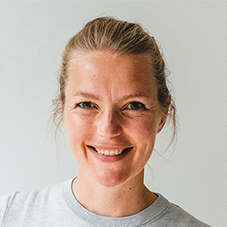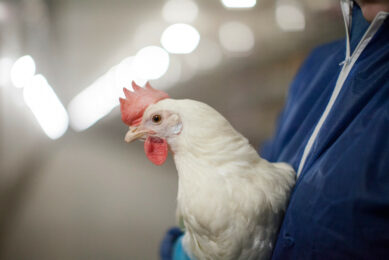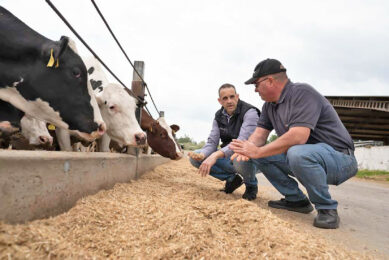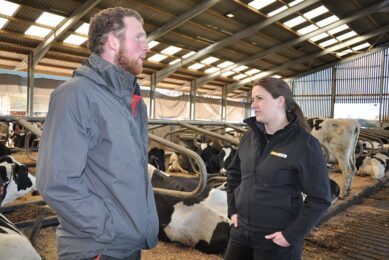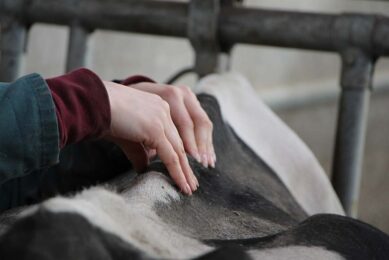Facial recognition of dairy cows
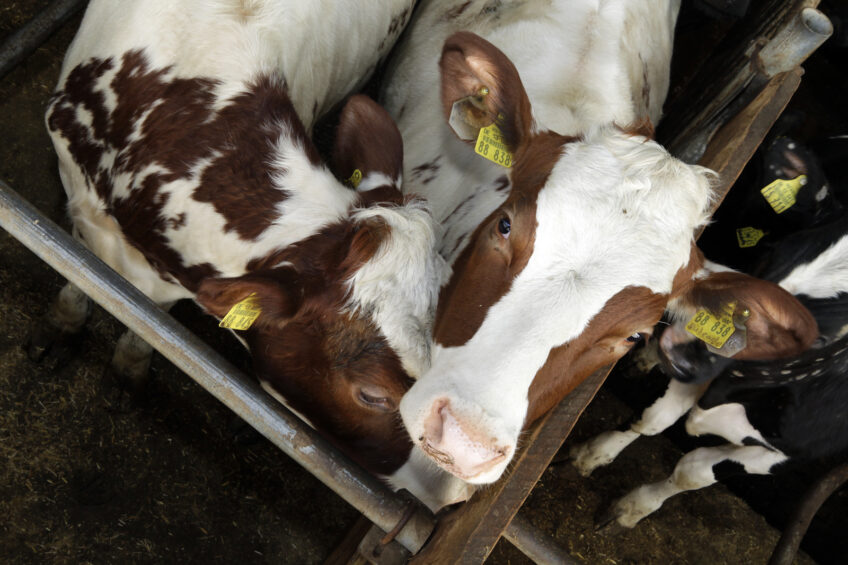
The face of a cow can tell a lot about her behaviour and can help in improving the farm. This is according to David Hunt, co-founder of Cainthus, who spoke at the recently held annual symposium of Alltech, in Lexington, Kentucky.
At ONE: The Alltech Ideas Conference , held from May 23-25, Hunt shared a few fascinating technologies, including facial recognition software for dairy farms that can memorise the face of a cow in 6 seconds and monitor the activity of an entire herd without wearable tracking devices.
Software alerts for the farmer
Hunt said that the dairy industry are the technological leaders in agriculture. “The sector has been doing a great job in for example wearables for cows to monitor health or activity. But wearables can be costly. The use of facial recognition of cows doesn’t need wearables.” Cainthus is creating algorithms that will allow their software to alert a farmer when cows show early signs of lameness, when the cow doesn’t eat, or when they fight over the best feed (aggression). When cows fight, it typically disrupts the entire herd and interrupts them from feeding for up to 2 hours, which certainly has an impact on milk production.
Looking for causative links
“Cow management is 24/7 and we know that cows are very active at night. In addition, cows spend a lot less time eating at the through than we think. Most of the time, the cow is foraging and not eating. Individual cow management at large farms becomes more difficult. Software tools such as the facial recognition can thus help in managing the farm and cows better,” Hunt explained. He also mentioned that integrating the visual data with other dairy information systems can result in causative links, hence helping understating certain farm and animal patterns better. This information can then be used to make management decision. “Also data of just one farm is often not so useful. It is about sharing and comparing the data with other farms that will help dairy farmers to improve the farm,” he addressed.
Join 13,000+ subscribers
Subscribe to our newsletter to stay updated about all the need-to-know content in the dairy sector, two times a week.


